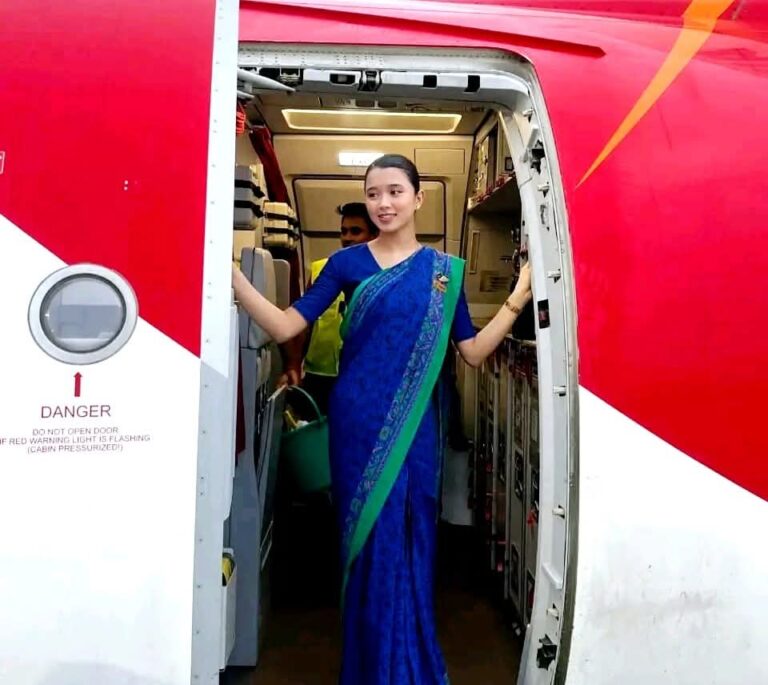Intensified Clashes in Manipur: Security Forces and Kuki Militants Face Off
Summary
In Jiribam, Manipur, security forces clashed with Kuki militants in a violent exchange that led to the death of 11 militants. The incident followed a series of militant-led attacks on local infrastructure and property, which included torching shops and bombing a government office. During the confrontation, security personnel seized several weapons, including RPGs. Additional security reinforcements have been deployed to prevent further escalation.
Full Article
Understanding the Conflict: A Look Into Manipur’s Ongoing Unrest
The recent clashes between Kuki militants and security forces in Manipur have brought renewed attention to the enduring conflict within the region. The killing of 11 militants at the Borobekra Police Station area in Jiribam represents one of the more severe escalations of violence in recent months. This article delves into the background, recent incidents, and consequences for the local community in this conflict.
Background of the Kuki Insurgency in Manipur
The tension between Kuki militant groups and the Indian government has historical roots, often linked to ethnic and political disputes within the region. In Jiribam, the area’s geographical proximity to state borders and its ethnic diversity have made it a focal point for militant activities. Understanding the motivations and goals of these insurgent groups is essential to grasp why the violence erupted so intensely in this area.
Recent Wave of Attacks
The most recent clash was not an isolated event. On several occasions leading up to this incident, Kuki militants have targeted government facilities, local businesses, and even fish farms, creating a sense of fear and instability across the district. These attacks are often aimed at undermining government control and signaling the militants’ continued resistance.
The Clash at Borobekra Police Station: Key Details
On November 11, the militants engaged in an armed confrontation with D-20 CRPF personnel stationed in the Borobekra area. Security forces were swift in their response, utilizing available intelligence to track the militant group’s movements. After an exchange of gunfire lasting over 45 minutes, 11 militants were killed, and several weapons were seized.
Weapons Seized: A Concerning Find
The discovery of sophisticated weaponry—including rocket-propelled grenades, assault rifles, and pump-action guns—demonstrates the militants’ level of preparedness and the potential severity of future attacks. This stockpile of arms, which was promptly confiscated by the security forces, reflects an ongoing, well-supported insurgency.
The Community’s Response and Impact on Local Life
Living amid such conflict takes a toll on local residents. The emotional and physical stress of living near constant violence has left the Jiribam community struggling with trauma. Many families are opting to relocate to safer areas, particularly after recent reports of bombings in residential zones.
Government’s Measures to Maintain Stability
In response to the recent violence, the government has reinforced security in Jiribam, dispatching more units from Assam Rifles and the CRPF. Additionally, civilian relief efforts are being organized to help those affected by the displacement and property losses that resulted from the conflict. Authorities are also actively investigating the origins of the seized weapons to prevent further supplies from reaching the militants.
FAQs
1. Why did the recent clash in Jiribam turn deadly?
The intensity of the clash escalated due to militants’ significant firepower and a targeted response from security forces.
2. What weapons were seized from the Kuki militants?
Security forces recovered RPGs, AK-series rifles, SLRs, and other advanced weapons, indicating a high level of preparedness.
3. Are similar incidents expected in the near future?
The situation remains volatile, and while increased security may prevent major attacks, the possibility of sporadic violence remains.
4. How are local residents coping with the situation?
Many residents have either evacuated or are seeking government aid to help manage the displacement and loss of property.
5. What steps is the government taking to ensure public safety?
The government has increased security presence, organized community relief efforts, and is investigating the source of militants’ weaponry.

